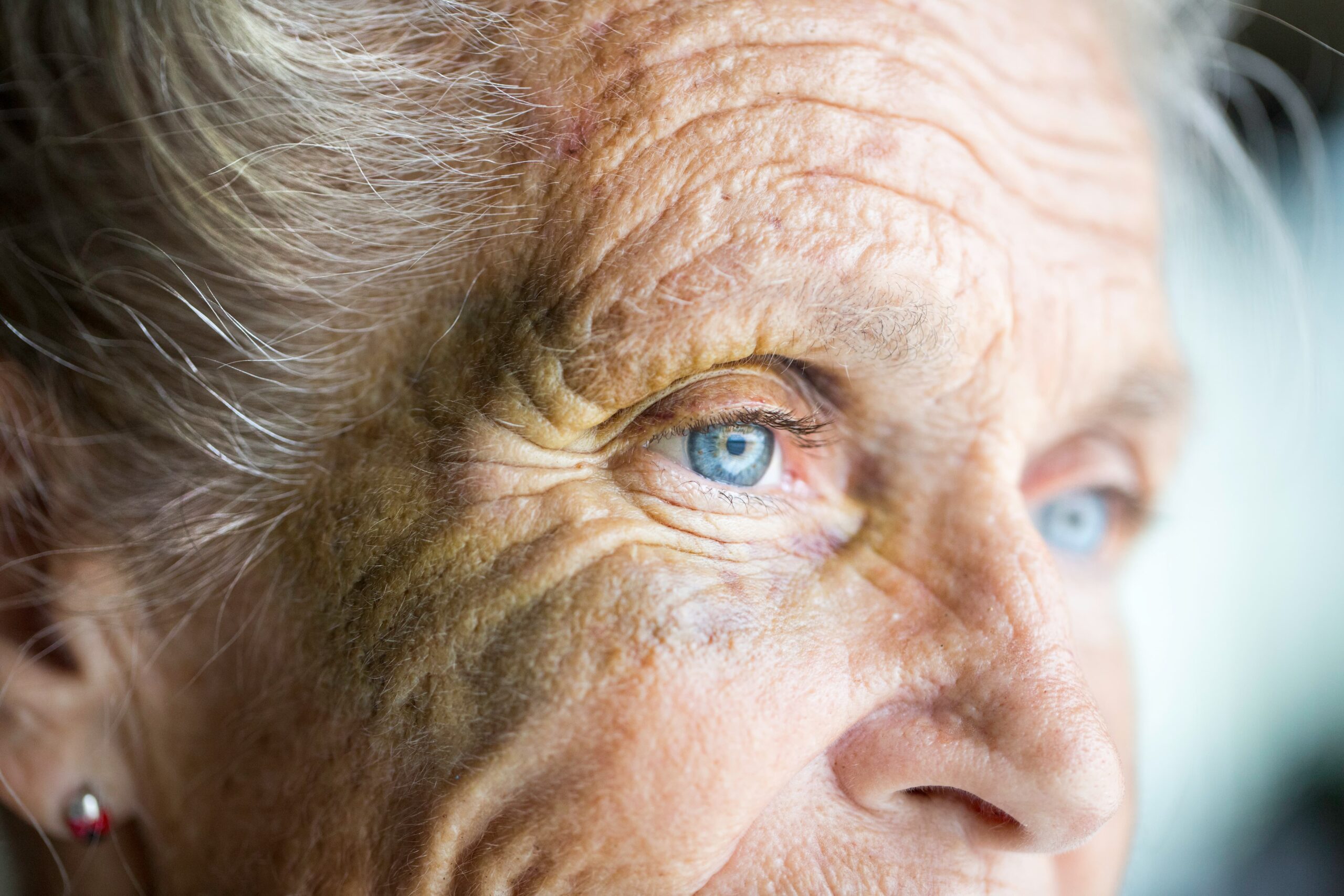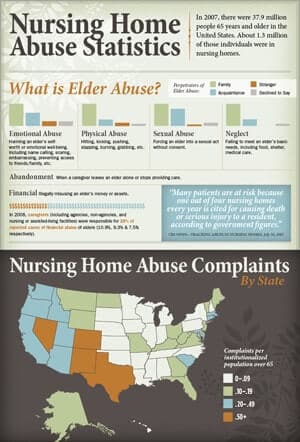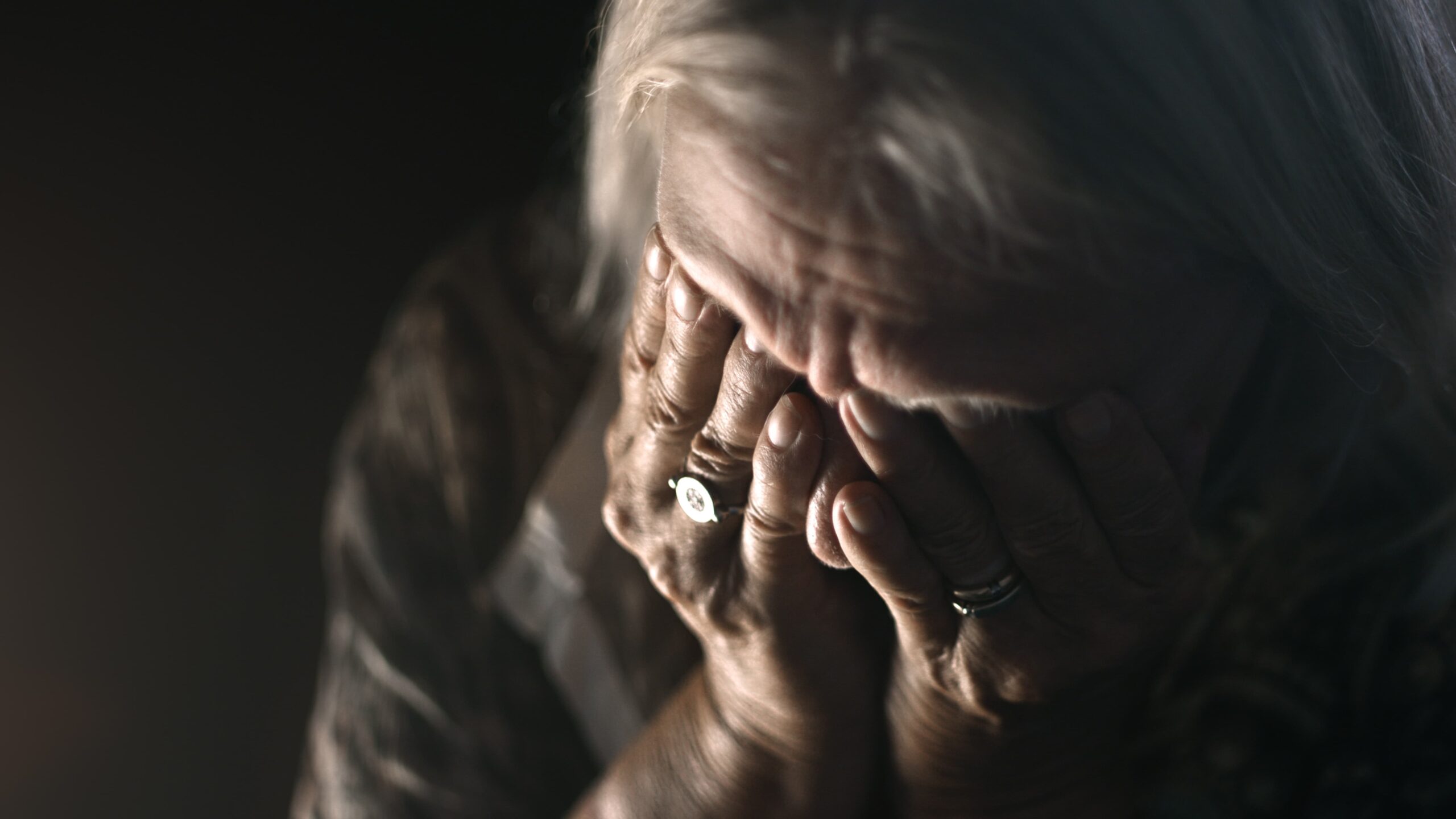Common Misconceptions of Elder Abuse
Misconception:
Most elder abuse occurs in nursing homes.
Fact:
Most elder abuse actually occurs in the home at the hands of family members and loved ones.
The sad reality is that, in almost all cases, the one mistreating the elderly person is someone whom they know and trust (e.g., a son, grandson, niece, church pastor, etc.). Physical elder abuse often begins after the abuser steals money or possessions from the elderly person to feed a gambling or drug habit, and then gets caught by the elderly person, resulting in an confrontation which leads to physical altercations.
Misconception:
Signs of physical abuse on an elder’s body are obvious and easy to detect.
Fact:
The signs of physical abuse to elders can be misinterpreted, subtle, or even invisible.
Not all corporal violence to an elder’s body leaves a bruise or a mark (e.g., twisting the arm, etc.). If signs of maltreatment are simply not visible, it will be difficult to prove the abuse. To make matters worse, even when physical abuse leaves a bruise or other mark, the bruises are often misinterpreted as nothing more than signs of age-related problems such as increased risk of falling or clumsiness. If an elderly person is being denied food, his or her resulting weight loss may be assumed to be due to other age-related issues. People may fail to make the connection. Abuse detection requires special attention and vigilance, as the signs left on the body do not always tell the whole story.
Misconception:
Elders who are educated and independent do not fall for scams.
Fact:
Con artists and scammers can fool any elder.
Senior scams are becoming more and more sophisticated—and can often go unnoticed. Many scams are directly targeted at elderly people from all backgrounds. Some scammers even prey on unsuspecting emeritus professionals with considerable 401ks and retirement funds. Typical frauds can appear to be legitimate, including callers who say the person owes money to the IRS and will be arrested if he or she doesn’t pay. Other bamboozlers can appear innocuous and benign, even showing up on dating websites for seniors.
Financial fraud against older Americans is a growing epidemic that costs seniors an estimated $2.9 billion annually. There is no limit to what some scammers will do to swindle our older generation out of their hard-earned money. Scammers often try to play on grandparents’ emotions. Some callers will even go as far as impersonating a young relative claiming to need financial help in getting out of jail or paying for college. This tactic has nothing to do with the educational or intellectual level of the grandparent. It is based on fear—fear that something bad is going to happen to someone they care about. Make sure you and your cared-for elder are informed and on guard. Be wary of people asking for money who are not really who they say they are.
Misconception:
If elderly people say they’re not being abused, then they’re not.
Fact:
Many victims of elder abuse choose not to tell anybody about it.
In many cases, victims of elder abuse decide not to report the abuse because they are afraid of getting their loved one in trouble. They fear the consequences—losing their loved one—or the alternative—being sent to a nursing home—are worse than enduring the abuse. They are afraid that if they report it, authorities will come and investigate and find out that they are vulnerable and incapable of living without the help of a nursing home facility.
In other cases, victims will feel ashamed and blame themselves for letting it happen or trusting someone whom they shouldn’t have trusted. Often the abusers threaten to put their victims in a nursing home or harm them in another way if he or she reports the abuse.
Misconception:
Elder abuse is not as serious or common as experts say.
Fact:
It is a big deal, is widespread, and affects more people than you think.
One out of 10 seniors in the U.S. is abused. Federal and private organizations who conduct studies, publish reports, and campaign on behalf of American victims of elder abuse are calling it “a serious human rights violation that requires urgent action.” Elder abuse has serious health consequences for victims including increased risk of disease, death, institutionalization, and hospital admission.
Elder abuse is as gravely concerning as child abuse and domestic violence, yet far fewer resources are devoted to preventing and prosecuting it. Ageism is one of the reasons that this crime is not receiving enough national attention. Many believe that the symptoms associated with the psychological and emotional damage that come from elder abuse (depression, etc.) have nothing to do with neglect and abuse, and are simply the realities of living with old age. However, their suffering is real, and these are people who have children, grandchildren, and even great-grandchildren. They were young once too.
Misconception:
The caregivers who abuse the elderly, whether family or not, do so because they are stressed or overworked.
Fact:
Blaming elder abuse on stress or fatigue shifts the responsibility away from the abuser.
Anyone who has ever had to provide continual, round-the-clock care for a loved one with a debilitating disease such as Alzheimer’s knows how taxing, difficult, and frustrating it can be. Sustaining their care requires significant time, patience, and money, and the health of the elderly person depends on it. In a typical elder abuse case, however, the abuser is dependent on the elderly person for nonmedical reasons (e.g., providing a roof over their head or some other form of financial stability).
This interdependence essentially “traps” the abuser and victim financially, complicating and problematizing their relationship but in no way, shape, or form justifying elder abuse. In fact, the vast majority of family caregivers do not abuse their loved ones. Blaming elder abuse on the situation or circumstances and not on the abuser does not help—it detracts from the real problem. People still have a choice, no matter how stressful their life is.
Coping with abuse is very, very hard, to say the least. It does not matter how old you are—abuse is still abuse. Being complacent and assuming everything’s okay when things are actually not okay prevents our elders from receiving the respect, dignity, and justice they deserve. Knowing how to spot elder abuse and speaking up when something’s not right are the first steps. The legal team at Bachus & Schanker, LLC can help you the rest of the way. They have years of experience in handling cases of elder abuse and are at your service to help you and your loved ones move forward on the road to recovery.
Sources:
https://www.forbes.com/sites/nextavenue/2017/06/15/6-myths-about-elder-abuse/#464112745fd4
https://www.nytimes.com/2017/04/14/business/retirement/retirement-preventing-elder-abuse.html?_r=0
https://www.forbes.com/sites/nextavenue/2015/06/18/its-time-to-get-serious-about-elder-abuse/#9af3f3a114b8






